Description
Miniature cattle are gaining popularity among small farmers, hobbyists, and those interested in sustainable living. These smaller breeds of cattle require less space and resources compared to traditional cattle, making them an excellent choice for those with limited land or resources.
Popular Breeds of Miniature Cattle in California
- Dexter Cattle
- Size: One of the smallest breeds, Dexter cows typically weigh between 600-700 pounds, while bulls weigh 800-1000 pounds.
- Characteristics: Hardy, versatile, and known for their friendly disposition. They can be used for milk, meat, and as draft animals.
- Milk Production: Dexter cows can produce around 1-3 gallons of milk per day.
- Miniature Herefords
- Size: Smaller than standard Herefords, with cows weighing 600-800 pounds and bulls weighing 900-1100 pounds.
- Characteristics: Gentle and easy to handle, making them ideal for small farms and hobby farmers. They are primarily raised for beef.
-
- Lowline Angus (Miniature Angus)
- Size: Cows typically weigh 700-900 pounds, and bulls weigh 900-1200 pounds.
- Characteristics: Known for their high-quality beef, good temperament, and ease of calving. They are efficient grazers and do well on limited pasture.
- Lowline Angus (Miniature Angus)
Belted Galloway
- Size: Miniature Belted Galloways are smaller versions of the standard breed, with cows weighing around 600-800 pounds.
- Characteristics: Distinctive white belt around their middle, hardy, and well-suited to various climates. They are primarily raised for beef.
Advantages of Miniature Cattle
- Space Efficiency: They require less space compared to full-sized cattle, making them suitable for smaller properties.
- Feed Efficiency: They consume less feed, which can reduce costs and make them easier to manage on limited resources.
- Gentle Disposition: Many miniature breeds are known for their calm and friendly nature, making them easier to handle.
- Dual Purpose: Some miniature breeds, like the Dexter, can provide both milk and meat.
- Sustainability: Their smaller size and efficient feed conversion can make them a more sustainable choice for small-scale farming.
Considerations for Raising Miniature Cattle in California
- Climate: Ensure the breed you choose is well-suited to California’s diverse climate, from coastal regions to inland valleys.
- Regulations: Check local zoning and agricultural regulations regarding livestock.
- Health Care: Miniature cattle require the same basic health care as standard-sized cattle, including vaccinations, deworming, and regular check-ups.
- Nutrition: Provide a balanced diet suitable for the breed and intended use (milk, meat, or dual-purpose).
Resources for Miniature Cattle in California
- California Dexter Cattle Association: Provides resources and connects breeders within the state.
- Miniature Hereford Breeders Association: Offers information on breeders, shows, and events.
- Local Agricultural Extension Offices: Can provide guidance on best practices for raising miniature cattle in your area.
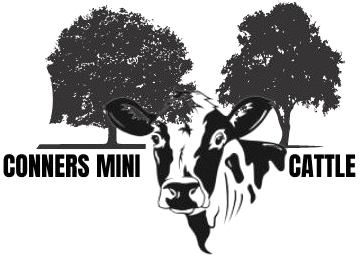
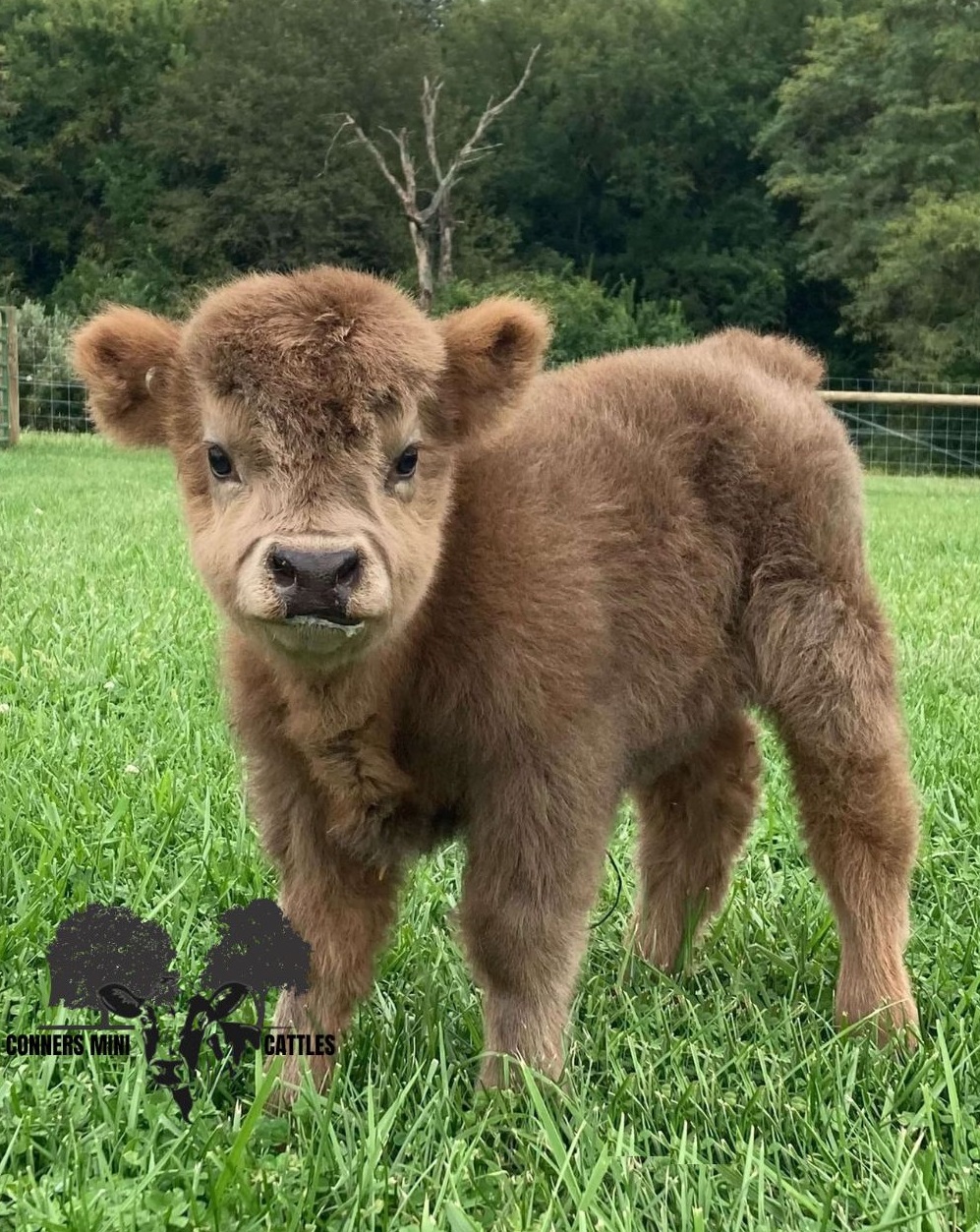
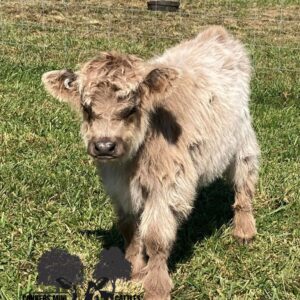
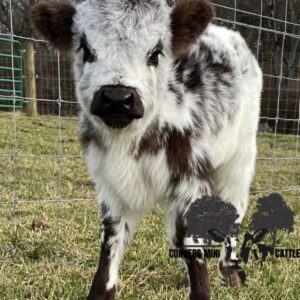
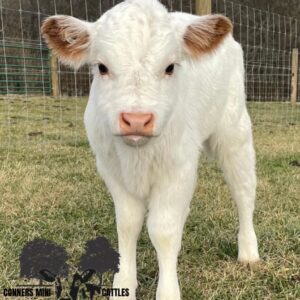
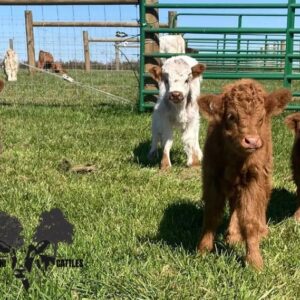
Reviews
There are no reviews yet.